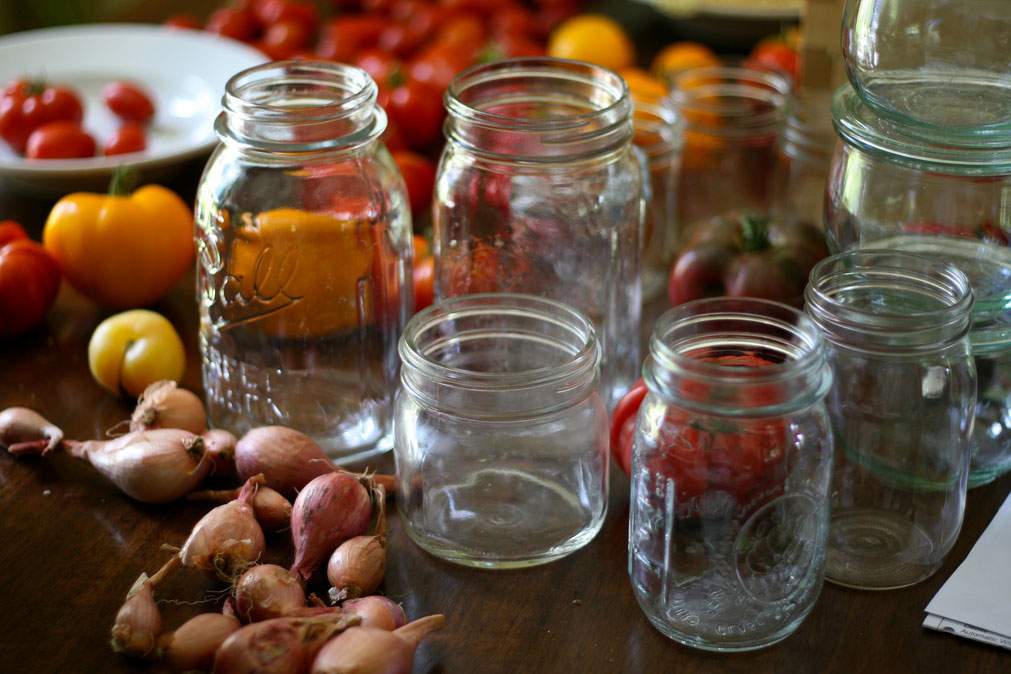
Ever notice how a jar of unopened tomato sauce can last for months in your cabinet, but spoils in the refrigerator a couple of weeks after you open it? On this episode of A Moment of Science we crack open the mystery of why canning lasts longer than refrigeration.
Cold vs. Hot Treatment
All forms of food preservation have the same basic goal–to combat bacterial growth. In the case of refrigeration, the cold temperatures slow down the activity of bacteria. The microbes are still alive and active, but they multiply much more slowly in frigid conditions.
Canning, on the other hand, works by destroying the bacteria already present in the food. Once the food is sterilized, it's sealed so that no new germs can invade. The process of canning works by boiling the food and sealing the can before or during the process of sterilization. Then the food remains bacteria-free until it is exposed to air when the can is re-opened.
Yes We Can!
Though canning implies the use of metal cans, it is simply the blanket term used to describe the process of sterilizing and sealing food. Glass jars, plastic receptacles, and waxed paper goods work just as well, so long as they create an airtight environment.
So if you want to keep your garden veggies fresh throughout the winter, a can-do attitude will go a long way!









